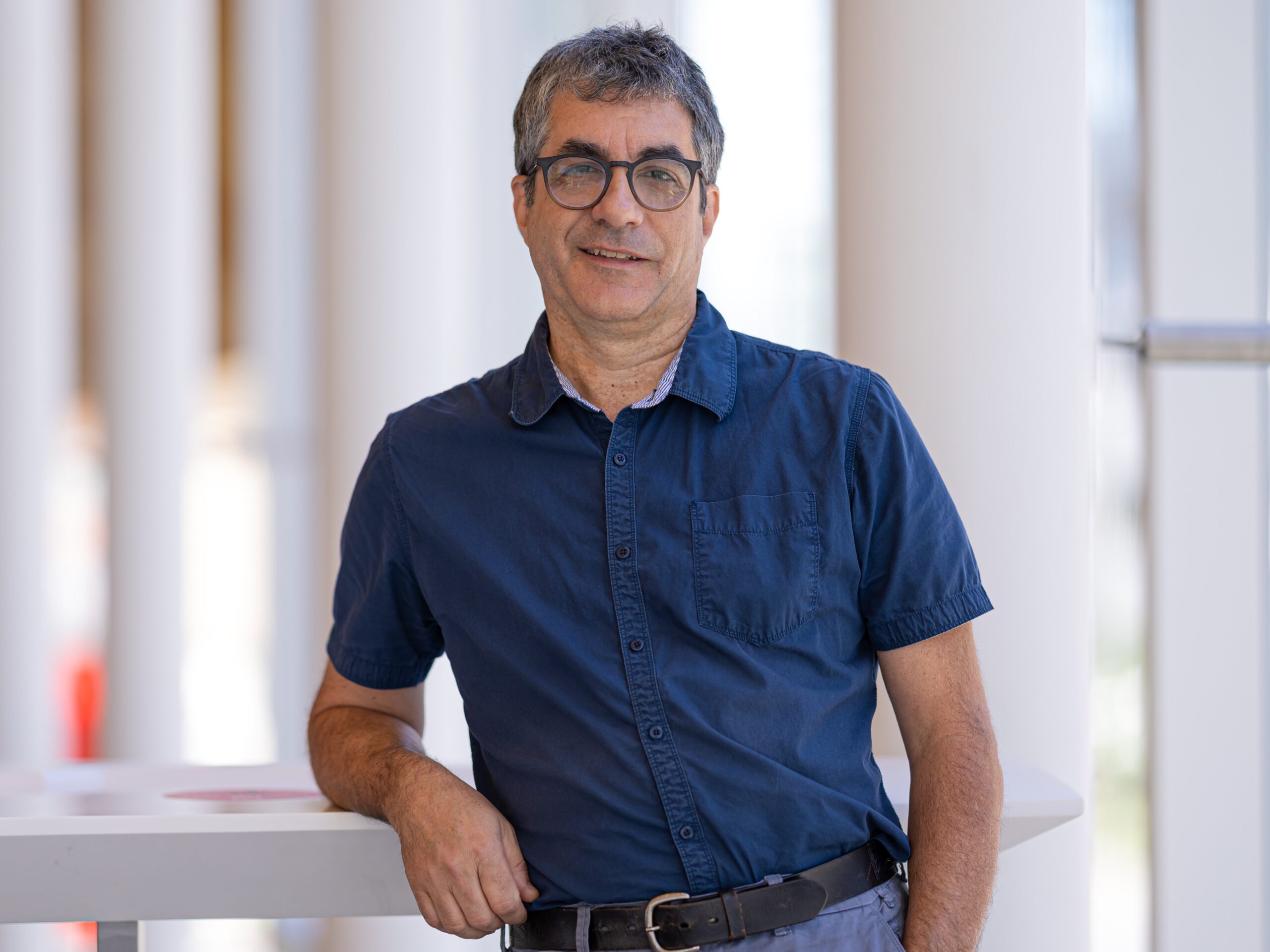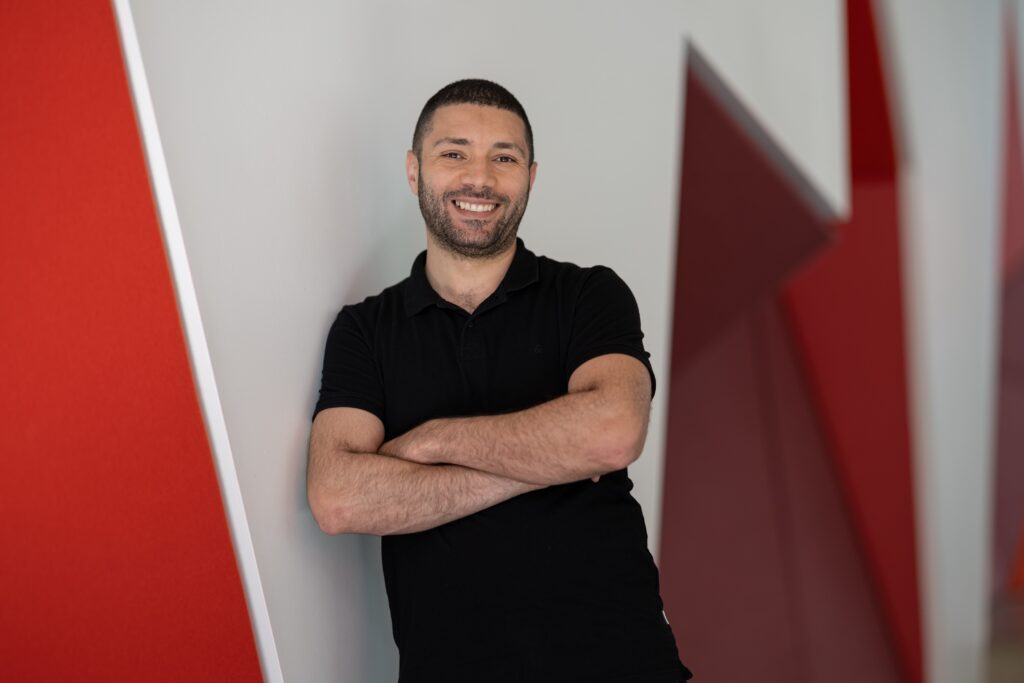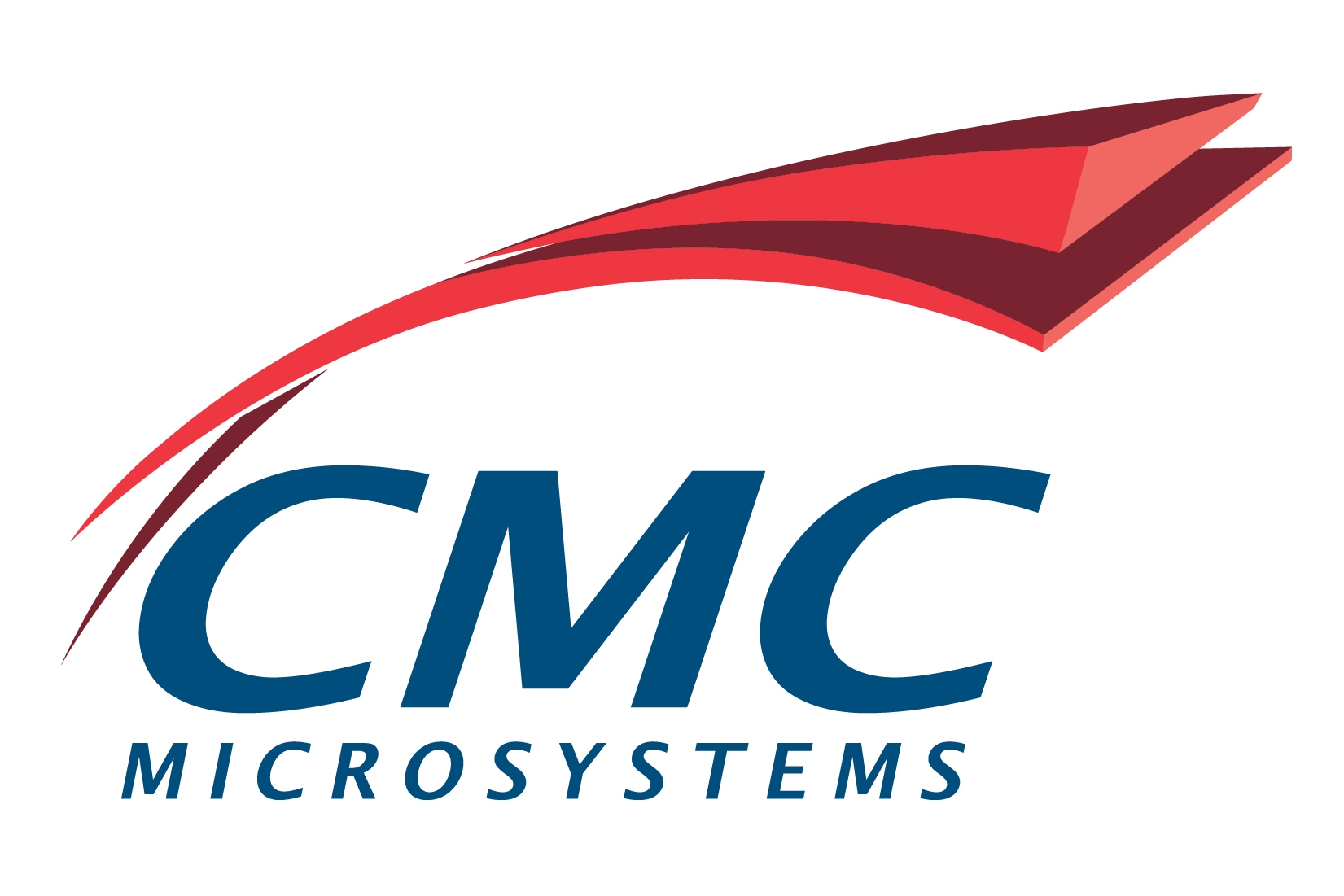The LTCC@ÉTS Laboratory and Canada’s CMC Microsystems announce a collaboration to provide access to LTCC fabrication technology to members of the CMC user community and industrial participants. Training courses, shared prototyping runs and dedicated fabrication runs will be provided periodically to interested users.
Topics in this webinar include:
- Brief overview of the LTCC@ÉTS facility (Virtual Lab Tour)
- LTCC process overview
- Process layer definition, design rules, software required
- Inspection, measurement and other available services
- What comes next
- Q&A session at the end
About LTCC Technology
Low Temperature Cofired Ceramic (LTCC) technology finds diverse applications across various fields.
- Medical sensors and electronics;
- Automotive electronics and communication systems;
- Satellite deployments and other vehicles in harsh environments;
- RF/microwave high-frequency communications.
Presenters:

Ammar B. Kouki (Senior Member, IEEE) received the B.Sc. (Hons.) and M.Sc. degrees in engineering science from Penn State University in 1985 and 1987, respectively, and the Ph.D. degree in electrical engineering from the University of Illinois at Urbana–Champaign in 1991. While pursuing the Ph.D. degree, he was a Consultant with the National Center for Supercomputing Applications (NCSA). He is currently a Full Professor of electrical engineering and the Founding Director of the LTCC@ÉTS Laboratory, École de technologie supérieure, in Montreal, QC.

Normand Gravel worked at Mitel S.C.C from 1987 to 1994 as an electronic technician for semiconductor equipment in class 100 clean rooms. From 1996 to 2009 Normand was with Ramtron Canada as a senior electronic test technologist. taking care of all testing and characterization aspects of the ASICs that were developed by the company, on wafer and packaged dies. Since 2010 Normand is the LACIME and LTCC@ETS laboratory technician and manager at École de technologie supérieure, developing the LTCC process, and maintaining, operating and providing training to students and users for all cleanroom tools.

Mustapha Belhaj obtained his Master’s degree in Electrical Engineering, Automated Systems from the University of Tlemcen in Algeria in 2013. In 2016, he came to Canada where he earned his degree in Electromechanical Automated Systems and Industrial Mechanics from the Southwest Montreal School in 2020. He has worked as an electromechanic at L’Oréal and then at Nova Steel, and in September 2022, he joined the LTCC@ETS laboratory team at university ETS Montreal, where he is responsible for the laboratory and LTCC fabrications.

Ines Amor received a B.Eng degree in electronics from the Institut Supérieur d’informatique et de Mathématiques de Monastir (ISIMM), Tunisia in 2019, and a M.Sc degree in electrical engineering from École de Technologie Supérieure (ÉTS), Montreal, Quebec, Canada in 2021. During her master’s program, she refined her hardware design skills, with a particular focus on reconfigurable microwave components.
She is currently a Ph.D. candidate in electrical engineering at École de Technologie Supérieure (ÉTS), Montreal, Quebec, Canada. Her research interests revolve around the application of reconfigurability in intelligent surfaces, with a specific aim to address telecommunication challenges.
Amr Samir is an RF/MEMS/NEMS Packaging and Integration Technical Staff at CMC Microsystems with a Ph.D. degree in electrical engineering from the University of Waterloo, Ontario.
